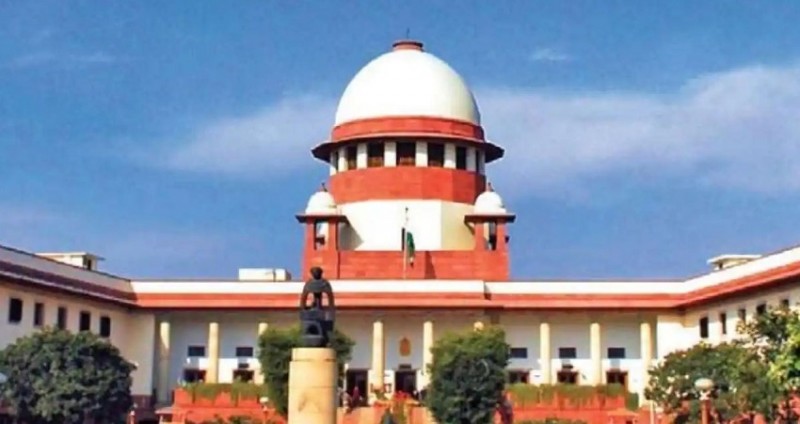
The Supreme Court is set to announce its decision on Thursday regarding several petitions challenging the validity of the Electoral Bond scheme, which enables anonymous funding to political parties.
What is the Electoral Bond scheme?
An Electoral Bond is like a promissory note or bearer bond that can be bought by any Indian individual, company, firm, or association. It was introduced by the Narendra Modi-led government in 2017 through a Finance Bill and put into action in 2018. The scheme allows donors to contribute funds to political parties while keeping their identity hidden.
The State Bank of India (SBI) issues these bonds in different denominations ranging from Rs.1,000 to Rs.1 crore. According to data from the Association for Democratic Reforms (ADR), over half of all political donations from 2016-17 to 2021-22 were made through electoral bonds, with the BJP receiving the most funds compared to other national parties.
BJP vs. Congress Contributions through Electoral Bonds
Based on the audited reports submitted to the Election Commission, the BJP received around Rs.1,300 crore through electoral bonds in the fiscal year 2022-23, which is seven times more than what the Congress received through the same means. The BJP's total contributions for the year amounted to Rs.2,120 crore, with 61% coming from electoral bonds. In contrast, the Congress earned only Rs.171 crore from electoral bonds, a decrease from Rs.236 crore in the previous fiscal year.
A report by the Association for Democratic Reforms (ADR) for the financial year 2022-23 revealed that the BJP received the highest amount of electoral bond funding, totaling Rs.259.08 crore or 70.69% of the total.
Adani Group Plans $500 Million Dollar Bond Sale Amidst Hindenburg Fallout